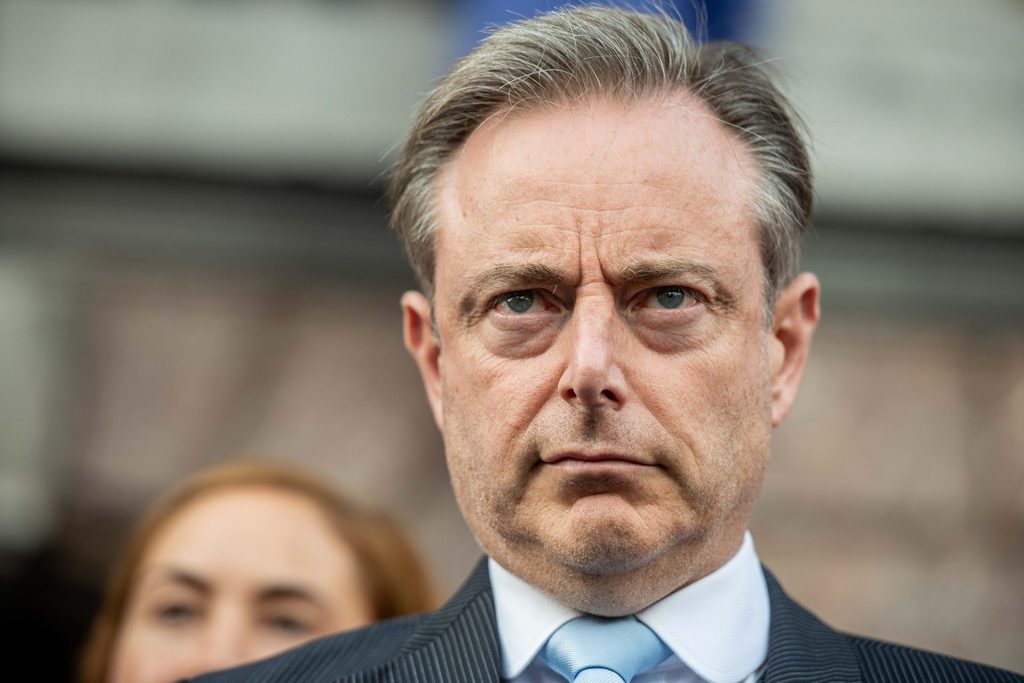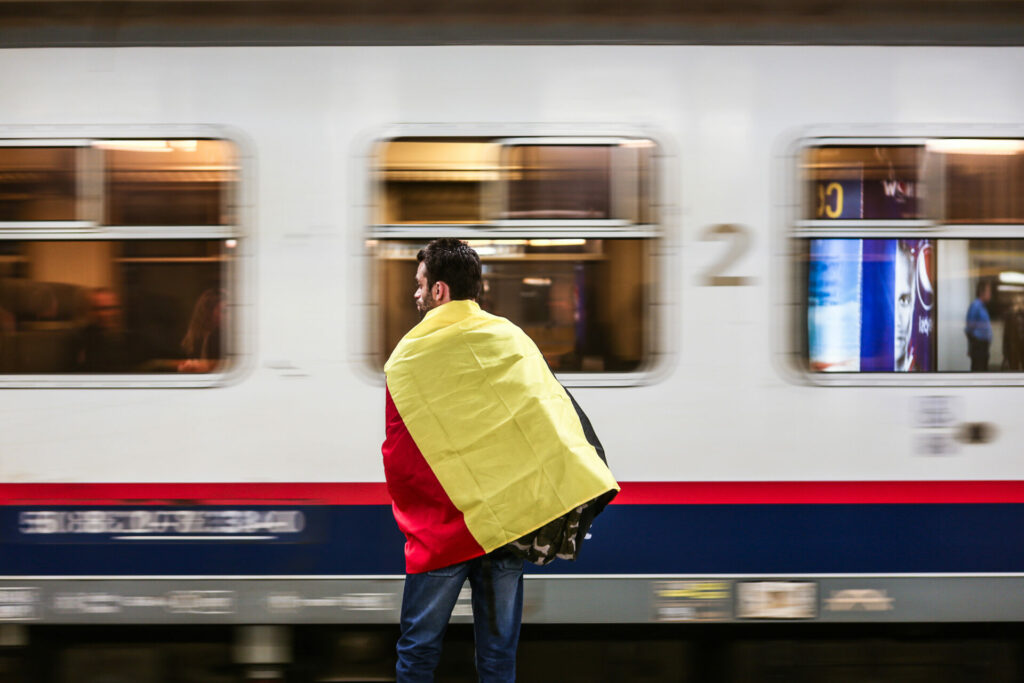The management of Belgium's rail infrastructure could be divided between regions, despite previous warnings that this would create chaos for national mobility.
The proposal has been put forward by federal formator Bart De Wever (N-VA) as part of the Federal Government negotiations. A regionalised train system would make Flanders responsible for the organisation of its own railway network and allow the market to play a greater role. According to the Flemish nationalists, this would improve punctuality and efficiency – though other parties disagree.
"How would it be more efficient to have a different company in Flanders, Brussels and Wallonia?" a source who is part of the negotiations told Het Nieuwsblad. "Anyone who has ever been abroad by train knows that (regionalised systems are) absolutely not more punctual."
'Nonsensical decision'
In February, a study commissioned by outgoing Federal Mobility Minister Georges Gilkinet (Ecolo) showed that decentralising Belgium's railways for management by individual regions would be "nonsensical" and would result in passengers having to pay more for poorer service.
The Belgian train system is hyper-connected with a star-shaped network of railway lines around Brussels and many interregional connections, including 20 crossings between Flanders and Wallonia and 11 crossings between Flanders and Brussels.
"Almost 50% of Belgian train traffic is interregional. More than half of passengers cross a regional border," the study concluded. "These are all train connections and passengers who would be affected by this plan to regionalise and split the railways, as N-VA proposes."

N-VA leader and Antwerp mayor Bart De Wever. Credit: Belga/Jonas Roosens
This means that passengers would have to transfer much more often – not just between trains, but between rail companies. Many Walloon commuters travelling to Brussels via Flanders would have to take three different trains and buy three different tickets to reach the capital.
Not only would this impact the punctuality and flow of rail traffic, it would also require new terminals. This would entail additional costs that would, in turn, affect ticket prices, the study found.
"In practice, regionalising the railways would mean that Belgium's language border becomes a real border, with concrete obstacles and boundaries," Gilkinet cautioned.
Cutting up the country
Yet the proposal is still in the negotiation texts for De Wever's government, despite being vetoed by all the other parties at the table (Flemish socialist Vooruit and centrist CD&V, and Francophone centrist Les Engagés and liberal MR), Het Nieuwsblad reports.
This shows a certain dynamic in the negotiations: N-VA is putting paragraphs about regionalising certain aspects of national competencies into various negotiating notes – giving Flanders more power. Conversely, the texts of the Flemish formation reportedly contain many passages referring to the future Federal Government.
The crossover between Flemish and federal interests will likely grow next week when negotiators return from a week break and the two formation processes start to overlap. This will particularly be the case as Flemish formator Matthias Diependaele (N-VA) will join internal N-VA meetings of the federal negotiating team.

